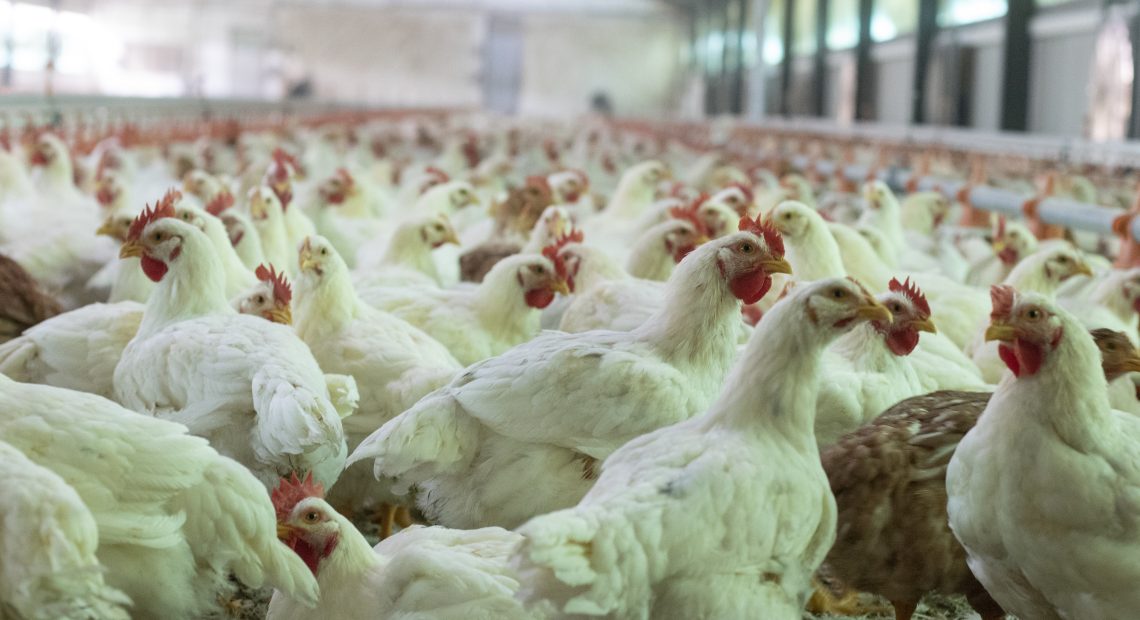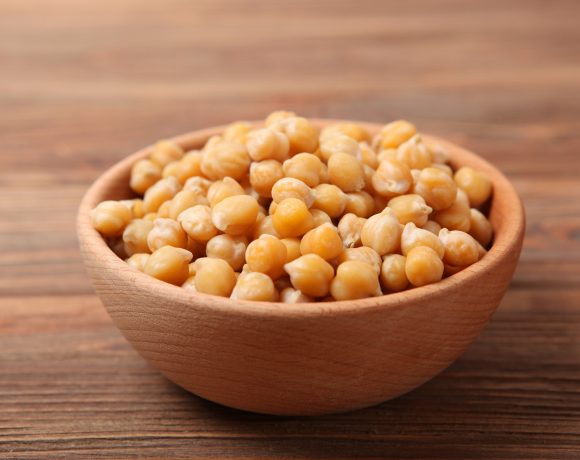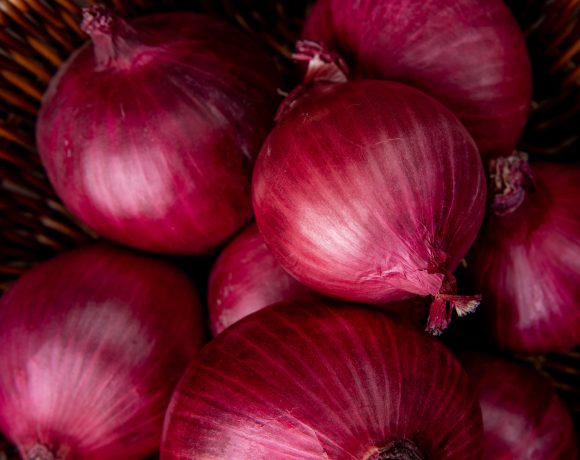
Poultry Farmers Urge Government to Boost Maize Cultivation Amid Rising Ethanol Demand
Poultry farmers in India are urging the Union Government to enhance maize cultivation in response to the increasing diversion of maize for ethanol production, which has led to a significant rise in poultry feed costs. Maize constitutes approximately 60% of poultry feed, and its growing use in ethanol production has created a severe shortage for the poultry sector.
India’s ambitious ethanol blending program aims to achieve a 20% ethanol blend in petrol by 2025, intending to reduce crude oil imports and promote cleaner energy. This policy has led to an increased demand for maize in ethanol production, resulting in a sharp 20% rise in maize prices. Consequently, poultry farmers are facing escalating feed costs, which threaten the viability of their operations.
The ethanol sector’s growing demand for maize has also transformed India from Asia’s primary maize exporter to a net importer. This shift has disrupted domestic industries, including poultry, and has led to increased maize imports to meet the shortfall.
In response to these challenges, poultry industry leaders are advocating for government intervention to double maize production, ensuring sufficient supply for both ethanol production and animal feed. They have also requested permission for free imports of maize and soybeans to alleviate the current shortage.
Balancing the objectives of the ethanol blending program with the needs of the poultry industry presents a complex policy challenge. While the push for ethanol aims to enhance energy security and support rural economies, it is essential to consider the unintended consequences on food security and related industries. A comprehensive approach that includes boosting maize cultivation, optimizing resource allocation, and facilitating imports may be necessary to address the concerns of all stakeholders involved.


















